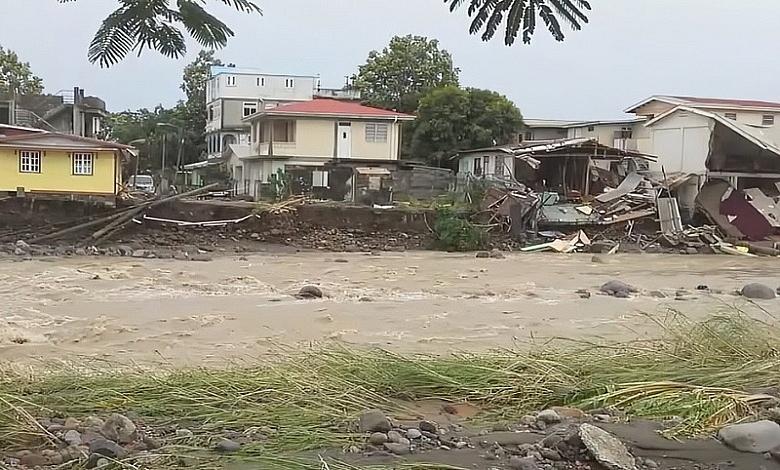National Resilience Development Strategy 2030 (NRDS)

The National Resilience Development Strategy 2030 (NRDS) is a crucial policy framework developed by Dominica to guide its transformation into the world’s first climate-resilient nation. It was created to address the growing threats of climate change and natural disasters like Hurricane Maria and align with the country’s broader sustainable development goal by 2030.
Key Pillars of the National Resilience Development Strategy
The NRDS is structured around three central pillars: Environmental Protection, Economic Transformation, and Social Development. These pillars highlight the importance of creating a disaster-resilient economy and society. In the environmental sector, the strategy promotes protecting and rehabilitating natural ecosystems, such as rainforests and water catchment areas. Economic initiatives focus on reducing dependence on vulnerable industries by diversifying into resilient sectors like the blue economy, eco-tourism, and renewable energy.
Building Climate Resilience in Dominica
At the heart of the NRDS is Dominica’s vision of becoming a Climate Resilient Nation, a goal that aligns with the Climate Resilience and Recovery Plan (CRRP). By 2030, Dominica aims to ensure communities are better equipped to handle extreme weather events through improved infrastructure, disaster management systems, and sustainable economic practices. The NRDS also emphasizes the need for a modern healthcare and education system, ensuring that public services are robust enough to withstand future challenges.
Sustainable Economic and Social Growth
The NRDS also highlights economic diversification by promoting resilient sectors such as eco-tourism and modern agriculture. The strategy aims to increase the country’s GDP by improving sectors like fisheries through sustainable practices and enhancing the blue economy. Furthermore, it emphasizes social resilience by striving for universal access to education, building resilient healthcare systems, and promoting sustainable housing initiatives. Through this comprehensive strategy, Dominica is set to become a global example of resilience and sustainable development by 2030.




